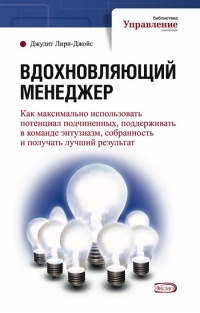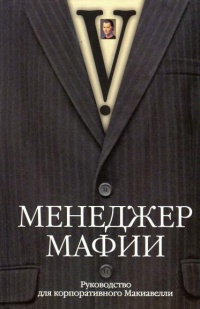Книга Темная сторона силы. Модели поведения руководителей, которые могут стоить карьеры и бизнеса - Питер С. Керо
На нашем литературном портале можно бесплатно читать книгу Темная сторона силы. Модели поведения руководителей, которые могут стоить карьеры и бизнеса - Питер С. Керо полная версия. Жанр: Книги / Домашняя. Онлайн библиотека дает возможность прочитать весь текст произведения на мобильном телефоне или десктопе даже без регистрации и СМС подтверждения на нашем сайте онлайн книг knizki.com.
Шрифт:
-
+
Интервал:
-
+
Закладка:
Сделать
Перейти на страницу:
Перейти на страницу:
Внимание!
Сайт сохраняет куки вашего браузера. Вы сможете в любой момент сделать закладку и продолжить прочтение книги «Темная сторона силы. Модели поведения руководителей, которые могут стоить карьеры и бизнеса - Питер С. Керо», после закрытия браузера.
Книги схожие с книгой «Темная сторона силы. Модели поведения руководителей, которые могут стоить карьеры и бизнеса - Питер С. Керо» от автора - Дэвид Л. Дотлих, Питер С. Керо:
Комментарии и отзывы (0) к книге "Темная сторона силы. Модели поведения руководителей, которые могут стоить карьеры и бизнеса - Питер С. Керо"
























